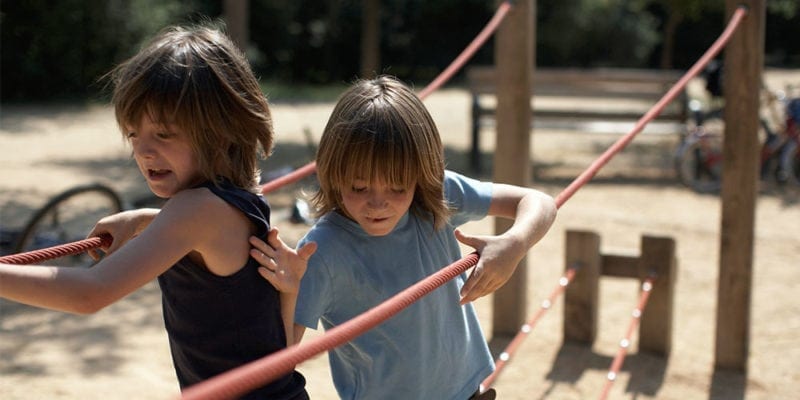When I had children, I had to think about the kind of home I wanted to create for them. Since I came from a somewhat turbulent background, I set a goal of having a peaceful home. A peaceful and stable environment is what’s nurturing to children—the less stressful the better.
Of course, every home has stress at some point, but I try to make it the exception rather than the rule. There are little things we can do daily to help create a nurturing environment for our children. Here are 5 of them.
1. Handle conflict well.
Anger expressed through loud yelling, flared tempers, and dramatic outbursts creates inner stress in kids. They will learn how to handle conflict by watching you. Does how you handle conflict teach them to do it wisely and calmly? Plus, resolving conflict maturely signals stability to your children. They learn that even when people disagree, relationships can emerge unbroken.
2. Give them time.
Children feel important when we give them our time and attention. If they have to compete with Facebook, Instagram, or Pinterest, they’ll think you don’t care about them as much as you care about your social media. When your children are with you, put down your phone. Ask them questions, hug them, and leave your phone in another room.
3. Accept your child.
Acceptance and nurturing go hand in hand. You can show your child acceptance by the things you say, such as, “You are such an awesome kid.” or “I’m so glad you’re my daughter.” You can show your child acceptance by supporting his or her interests—even if they’re different from yours. We never want our children to feel like they’ve disappointed us because they’re not what we expected or hoped they would be.
4. Set boundaries.
What is nurturing? Structure. Children need us to provide structure. Children feel nurtured and safe when we create a world for them that is orderly and predictable. This doesn’t mean you have to be a good housekeeper (I’m not!), but it does mean your rules should be consistent. Explain the “why” behind each rule. Even if your children don’t understand it, they’ll learn from your process of deciding what’s important to you and your family.
5. Love.
The safest, most predictable, most peaceful home cannot be nurturing without love. Tell your children you love them. Carve out time from your day to really connect with them. A nurturing environment begins and ends with love.
Sound off: In what creative ways can you express your love to your children today?











Huddle up with your kids and ask, “What’s one thing I do that assures you that I love you?”